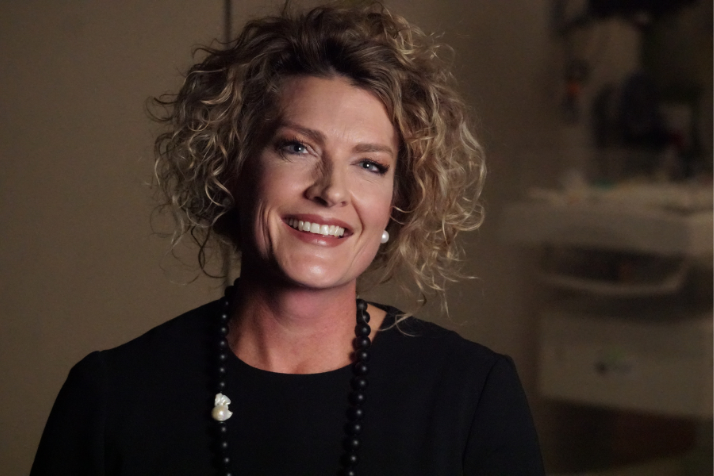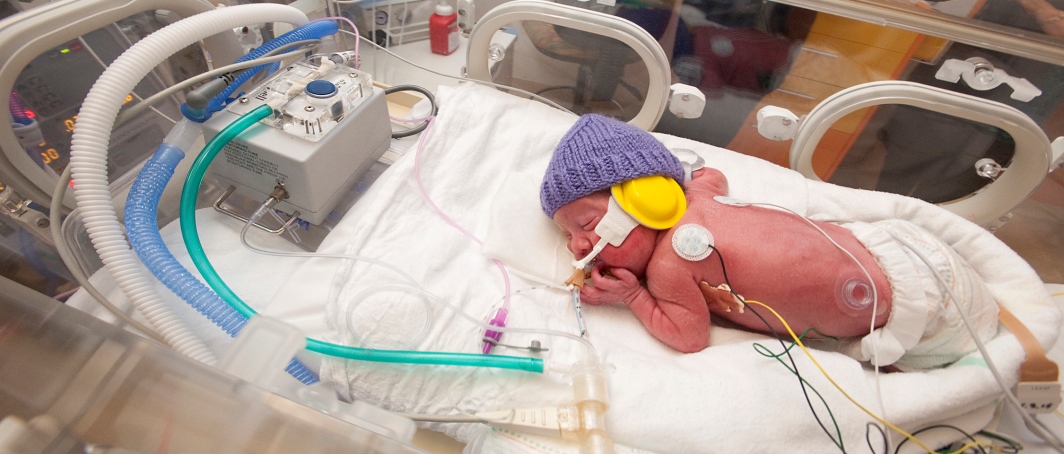Research overview
A comprehensive preterm birth prevention program was introduced in Western Australia encompassing new clinical guidelines, an outreach program for health care practitioners, a public health program for women and their families based on print and social media, and a new clinic at the state’s sole tertiary level perinatal centre for referral of those pregnant women at highest risk. The initiative had the single aim of safely lowering the rate of preterm birth.
Objective
The objective of the study was to evaluate the outcomes of the initiative on the rates of preterm birth both statewide and in the single tertiary level perinatal referral centre.
Study design
This was a prospective population-based cohort study of perinatal outcomes before and after one full year of implementation of the preterm birth prevention program.
Results
In the state overall, the rate of singleton preterm birth was reduced by 7.6% and was lower than in any of the preceding six years. This reduction amounted to 196 cases relative to the year before the introduction of the initiative and the effect extended from the 28–31 week gestational age group onward. Within the tertiary level centre, the rate of preterm birth in 2015 was also significantly lower than in the preceding years.
Conclusion
A comprehensive and multifaceted preterm birth prevention program aimed at both health care practitioners and the general public, operating within the environment of a government-funded universal health care system can significantly lower the rate of early birth. Further research is now required to increase the effect and to determine the relative contributions of each of the interventions.
A report of major impact
The findings of this research have been recognised as a ‘Report of Major Impact’ by the leading medical publication, The American Journal of Obstetrics and Gynecology, providing new information and guidelines for the global health community to effect positive change in their own regions.
Project researchers
Professor John Newnham (former WIRF Executive Director)
Professor Jeffrey A Keelan (former WIRF Deputy Director)
Professor Matt Kemp
Partners
King Edward Memorial Hospital
The University of Western Australia
Funders
Western Australian Department of Health
Women and Infants Research Foundation
Channel 7 Telethon
The McCusker Foundation
Nicola and Andrew Forrest
Project timeline
Paper published 2017



